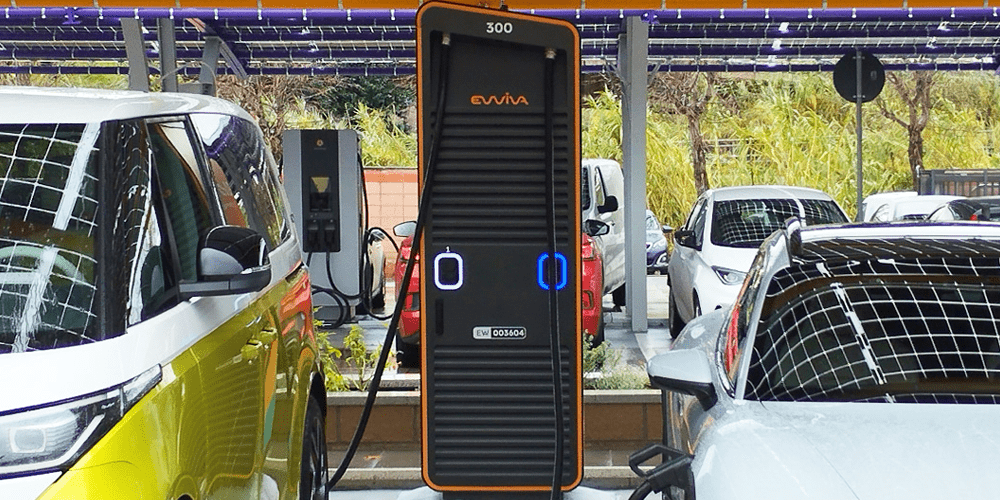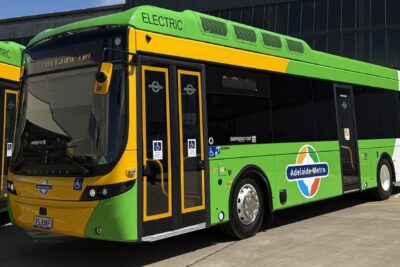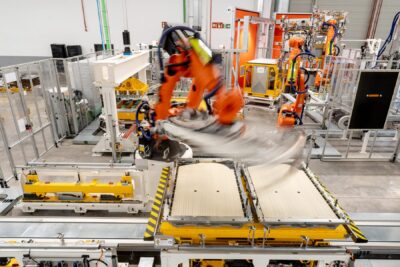VW announces that they have 15,000 HPC stations around the globe
The Volkswagen Group has taken stock of the development of its global fast-charging network. By the end of 2022, a good third of the 45,000 fast-charging stations planned by 2025 were connected to the grid – a total of around 15,000 with a capacity of up to 350 kW.
In 2021, the company announced at Power Day that it would work with partners to build a fast-charging network accessible to all electric cars worldwide. By the end of 2023, approximately 10,000 HPC charging points will be available in Europe and up to 25,000 worldwide. The Wolfsburg-based company is relying on joint ventures and partnerships, specifically Ionity, Ewiva, BP, Iberdrola, Electrify America and CAMS.
As announced at Power Day, Volkswagen and its partners intend to expand the fast charging network to a total of 45,000 High Power Chargers by 2025: with 18,000 HPC stations in Europe, 10,000 in North America and 17,000 in China. In Europe, the charging infrastructure will be expanded via the fast-charging joint venture Ionity (in which the Audi and Volkswagen Passenger Cars brands as well as Porsche are involved on the Volkswagen Group side), via the Ewiva joint venture founded in 2022 with Enel (focus on Italy) and via strategic partnerships with BP and Iberdrola (focus on Spain).
With BP alone, the group wants to set up around 8,000 fast-charging points across Europe, according to its own information. “Among other things, the Flexpole fast charging station produced by Volkswagen Components will be used for this purpose,” the Wolfsburg-based company announced. In April 2022, both sides inaugurated the first joint charging site in Düsseldorf and announced at the time that “in the first step, up to 4,000 fast charging points will be set up at filling stations over the next 24 months”. In Germany, these will be Aral filling stations, in Great Britain BP locations. By the end of 2024, the aforementioned 8,000 fast-charging points are to be connected to the network in Germany, Great Britain and other European countries.
In the USA, the American Volkswagen subsidiary Electrify America is responsible for the expansion of the electric infrastructure for the group, in China the joint venture CAMS. The latter was founded in 2019 by Volkswagen Group China, JAC, FAW and Star Charge. In mid-2022, the joint venture announced that it had so far built 760 fast-charging locations with more than 7,000 charging points in 100 Chinese cities.
Thomas Schmall, Volkswagen Group Board Member for Technology and CEO of Volkswagen Group Components, commented on the interim results as follows: “Volkswagen started creating this global fast-charging network years ago. We are now among the trailblazers in electric mobility, and we have 15,000 fast-charging points in North America, China and Europe to prove it.” In doing so, the company is relying on close cooperation with partners from industry and the energy sector. “We consider charging to be not only a precondition for e-mobility, but also a high-potential strategic business area of the future. We intend to expand it even further in the future.”
Not mentioned separately in Volkswagen’s interim report are the premium charging infrastructure approaches of Audi and Porsche. Audi announced several more locations for its fast-charging concept Charging Hub in 2022. Based on the findings of the pilot site in Nuremberg, another variant is to be tested in Zurich. Salzburg and Berlin are planned as the first regular locations. Porsche is opening Charging Hubs in Spain in cooperation with Iberdrola. However, these are more “classic” fast-charging stations along important trunk roads – and not urban HPC charging in combination with a special lounge, as is the case with Audi.





0 Comments